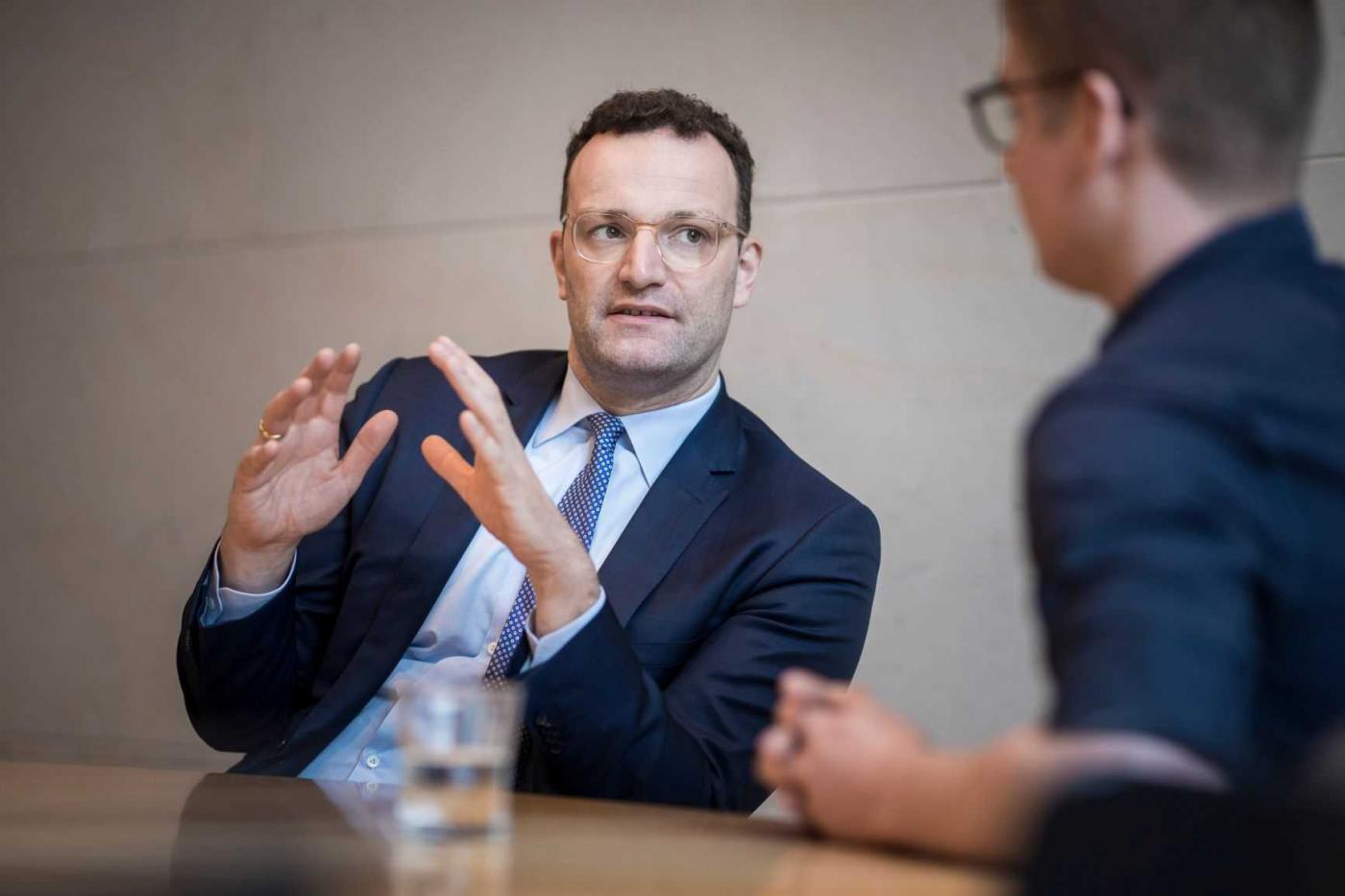The legal basis was created in 2018 when the ban on remote treatment was lifted and the "Law on Improved Supply through Digitalization and Innovation" or Digital Supply Act (DVG) came into force on December 19, 2019. "Patients should benefit from innovative care approaches as quickly as possible. For this reason, we are extending the innovation fund by five years and EUR 200 million annually. We are ensuring that successful approaches are quickly introduced into the health care system," said Jens Spahn, Germany's Minister for Health.




